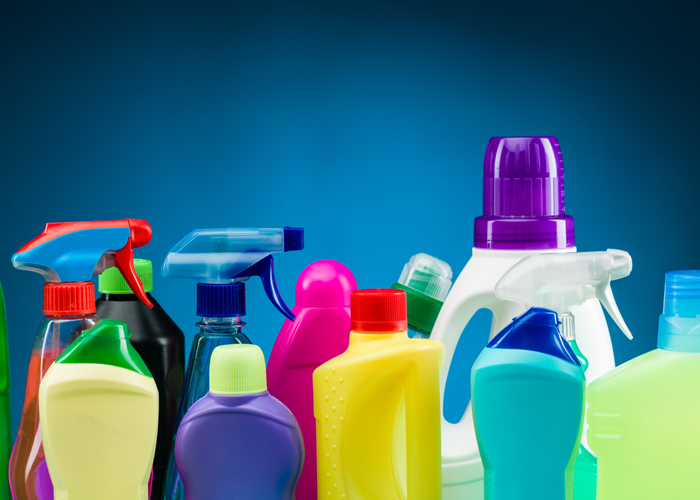Alternatives to Hazardous Waste Disposal
Sponsored by: g2 revolution
Not only are hazardous waste regulations complex and difficult to understand; alternative approaches are quickly becoming a strategic set point as part of a corporate sustainability plan. Within these intricate regulations, though, are exceptions and exclusions that allow retailers to divert hazardous waste from waste streams of their facilities. This results in reductions in compliance fees and disposal cost for retailers.
New Pathways with Recycling
There are many regulatory-friendly pathways for items deemed unsalable with demonstrated use that can now be recycled into a new life or even donated.
- Continued Use: Ensuring a continuous use for non-expired products by providing a legitimate donation to charitable organizations. Products that are donated must be used as they were intended or “as-is”. (Ex: Donating shampoos and soaps to a local homeless shelter.)
- Universal Waste: Still hazardous waste but relaxed rules for the categories below.
- Fluorescent bulbs
- Batteries (Lithium, etc. — also alkaline batteries in CA)
- Aerosols (CA, CO, MN, OH, UT, etc.)
- Use as Ingredient or Substitute: Some products can be removed from their original containers and used or reused as ingredients in an industrial process to make a product or as a substitute in a commercial product. (Ex: Soaps mixed together to create industrial cleaners.)
- Product Reclamation: Industrial Ethyl Alcohol Reclamation: Alcohol can be reclaimed from distilled perfumery products such as perfume and cologne and used as an ingredient for ethanol fuel.
Benefits of Going Green
Recycling or reusing products is not only beneficial from an ecological standpoint but from an economic one as well. Working to find unique ways to reduce the waste of your business means knowing the future of your product by understanding the possibilities, and sometimes limitations, of the physical items that are sold to your consumers. These solutions would need to be developed that typically do not fit into mainstream recycling efforts.
There is a definite appeal for retailers that are committed to waste diversion and hazardous waste alternatives. Major benefits of choosing recycling over hazardous waste disposal include:
- Cost savings in compliance fees and disposal expenditures
- Minimize hazardous waste generator status
- Minimal liability with material sorting
- No hazardous waste manifests required
- Improved corporate sustainability reporting
With a new emphasis on sustainability efforts the manufacturing and retail industries are in a better position to reduce their hazardous waste output. Instead of managing costly and large disposal programs, retailers can divert unsalable items using innovative and environmentally-friendly pathways still aligned with US EPA regulations.
From Unsalable to a Second Life
Creating a new life for unsalable items is truly a big “plus” for any corporate sustainability promise and plan! If you do pursue these alternative pathways, it is essential to be aware of storage and handling, utilizing more than you actually need, "donating waste," and excess stockpiling. Ensure that you are always documenting what you are repurposing or recycling in case of permits, storage facilities, etc.
Recycling instills a new perspective retailers can take to make unsalable items a valuable material resource versus turning to hazardous waste disposal as a default. Benefits to an organization’s bottom line appear when potentially millions in dollars are saved through the reduction in disposal costs but also indirectly with savings of hazardous waste compliance requirements.
Retailers can celebrate a green victory through alternative pathways provided by innovative recycling!
To learn more about g2 revolution's services, click here.
Tags:
Sponsored
